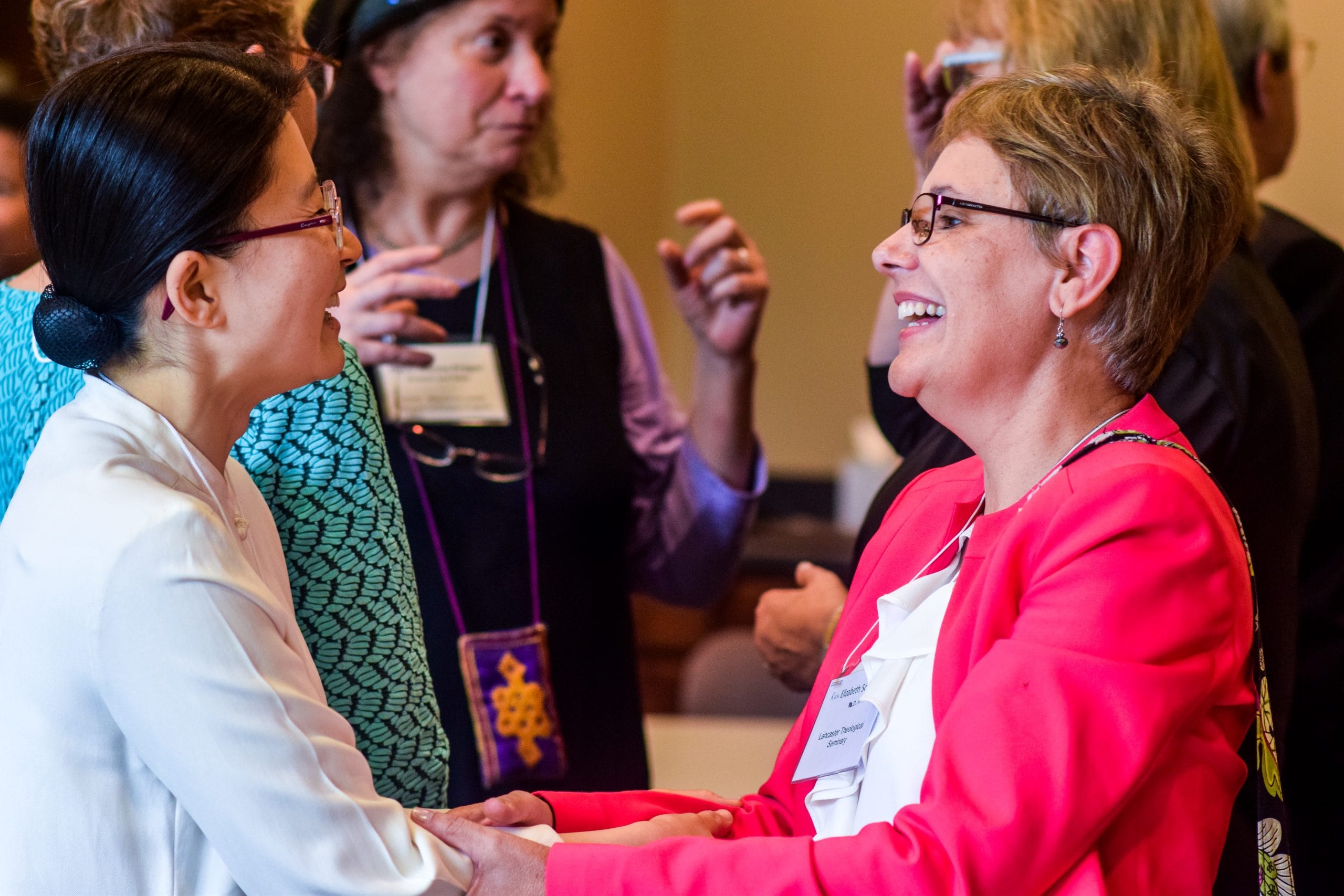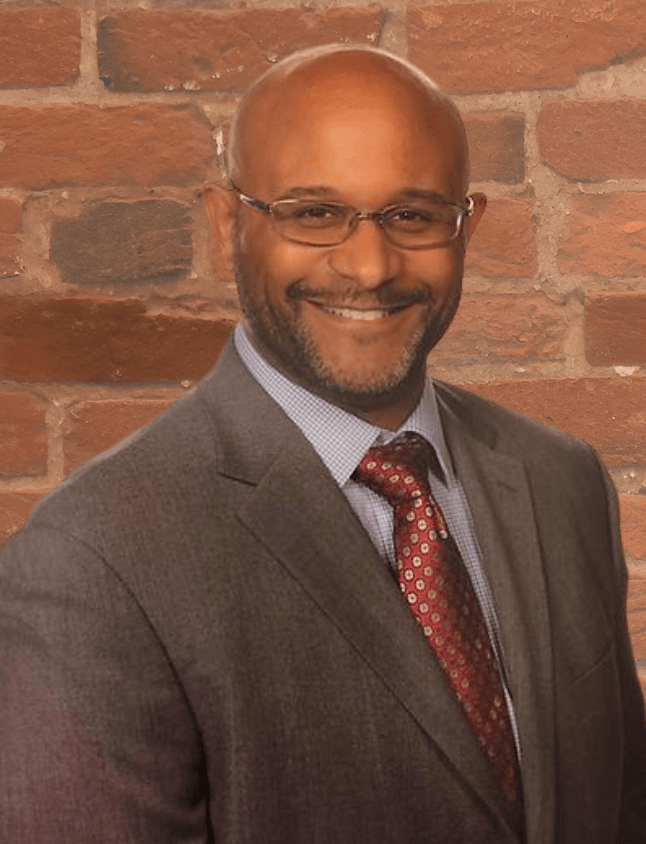Inter-Seminary Initiative

Interfaith Philadelphia brings to the Initiative a commitment to innovative educational programs; experience in community organizing; a trusted network of partners across faith and secular communities; and access to a wide array of resources. Interfaith Philadelphia Advisory Group designates staff to guide and implement the work of the Initiative.
We are grateful to The E. Rhodes and Leona B. Carpenter Foundation for their substantial support of this initiative since its inception. This has allowed us to create opportunities for interfaith learning among faculty members, administrators, and students, preparing them to live and lead faithfully in a religiously diverse world.
Contact Us
Tell us more about your needs by completing our intake form.
A team member will reach out to you within two business days to set up a time to talk or meet.
